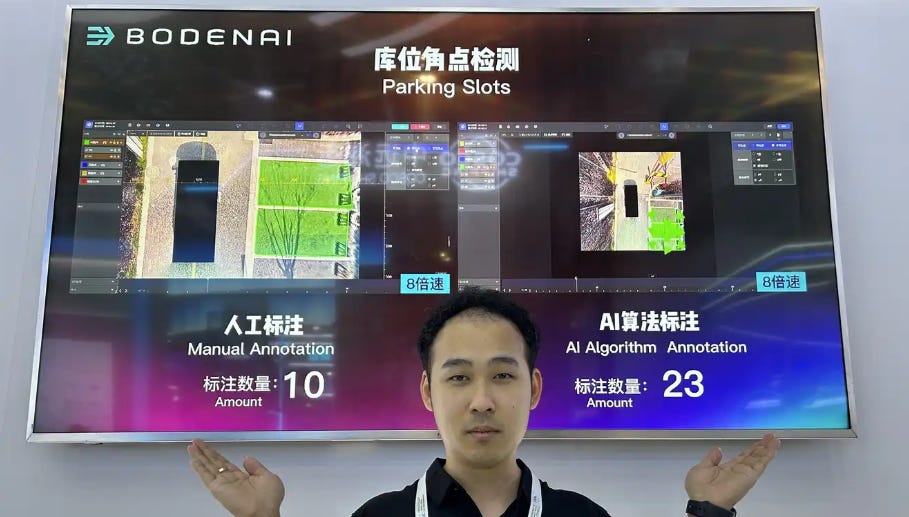China’s move to adopt AI in business comes all the way from the top. The country’s cabinet, the State Council, wrapped up a meeting at the end of July and agreed to “vigorously promote the large-scale commercial application of artificial intelligence” and integrate AI into various industries. Unlike in the U.S., there has not been as much public discourse in China about what happens to the humans replaced by AI.
It comes at a time when urban unemployment is high, especially among young workers, hitting 14.5% for those ages 16 to 24 and 6.7% for 25 to 29-year-olds, both figures excluding students.
Instead, companies at the AI show, and they’re almost all Chinese, emphasized how efficient AI makes workers.
“Our AI avatars can livestream 24 hours a day,” SenseTime’s Li said, adding that the more content influencers generate, the more exposure social media platforms give them. He said AI avatars can help human influencers do more livestreaming shows, rather than replace them.
“The competition is not humans versus AI, it is between humans. Humans are merely using AI to get a competitive edge,” Li said.
Read more | MARKETPLACE

